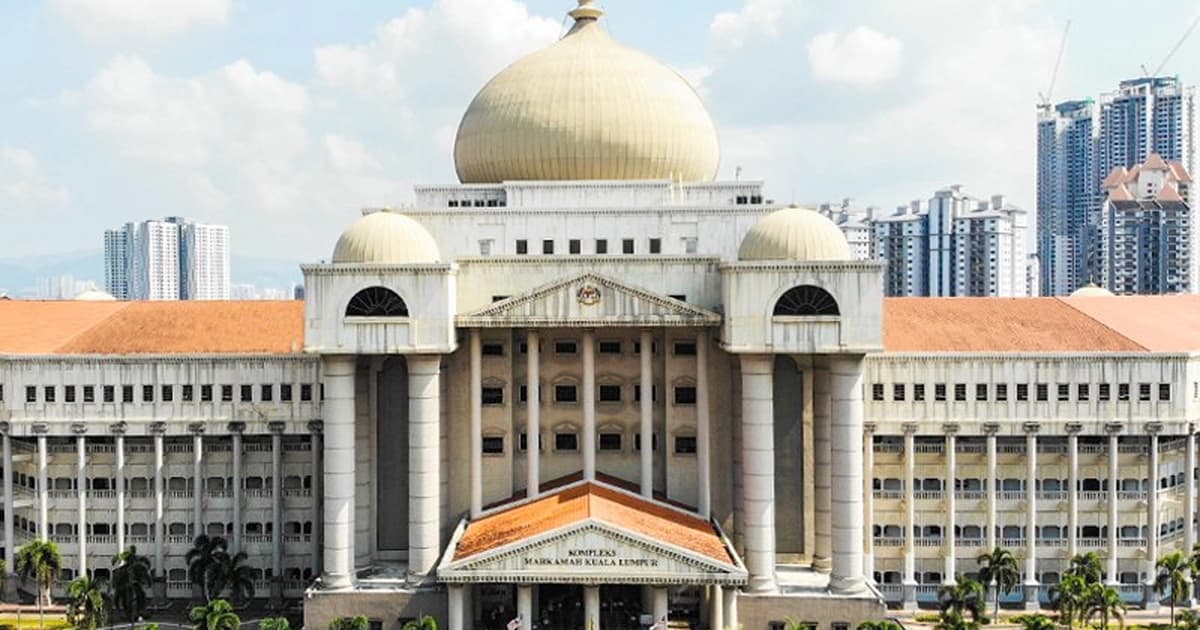
The High Court here has dismissed a lawsuit filed by Klang Valley residents over water disruptions in 2020, ruling that they and their representative, former Wangsa Maju MP Tan Yee Kew, lacked the legal standing to initiate the class action.
In her broad grounds, judicial commissioner Arziah Apandi said the plaintiffs must either obtain the attorney-general’s consent or show they had suffered special damage unique to themselves, neither of which had been proven.
Arziah noted that Tan, who claimed to represent the other 809 plaintiffs in the case, could not have suffered any special damage as she lived in Subang Jaya, not Wangsa Maju, and was therefore not personally affected.
She also pointed out that Tan’s constituency service centre was owned by a political party, not Tan herself, and that it had been closed following the end of her term as MP.
“Her duties as an MP at the material time did not confer upon her the right to sue for damages on behalf of her constituents,” she said, adding that “political representation and legal representation are entirely distinct concepts”.
Furthermore, there was no evidence that Tan had been authorised to represent the remaining plaintiffs, said Arziah.
“None of the 809 plaintiffs testified to confirm such authorisation,” she said.
She further held that receiving complaints and addressing community concerns were part of Tan’s duties as an MP, and did not constitute special damage as required by law to establish standing.
Arziah said she invoked Order 33 Rule 5 of the Rules of Court (RoC) 2012 to bring the suit to an end after considering the submissions made following Tan’s testimony as the plaintiffs’ first witness.
She said the plaintiffs had fundamentally erred in applying the “adversely affected” test derived from judicial review cases in determining locus standi.
She also said Tan failed to produce any documentary evidence such as receipts or invoices to support her claim of having suffered special damage.
She said the claims by the other 809 plaintiffs related only to general inconveniences and not to any unique losses that distinguished them from thousands of other affected residents.
“The plaintiffs did not properly present their claims for this court to even consider awarding losses,” she said.
As this was a representative action, she noted that Order 6 Rule 2 of the RoC required such a claim to be clearly stated in the pleadings – something the plaintiffs failed to do.
Arziah also observed that some plaintiffs had since died or been declared bankrupt, or no longer resided in the affected area.
The court ordered Tan to pay a total of RM90,000 in costs to the 16 defendants.
Lawyer Arham Rahimy Hariri, who represented the Selayang municipal council, told FMT his client would receive RM10,000 from that sum.
The lawsuit was filed in April 2021 by Tan and 809 consumers against Yip Chee Seng & Sons, the state government, and the federal government over water disruptions in the Klang Valley which lasted four days from Sept 3, 2020.
Apart from the council, the other defendants comprised Selangor water authorities and related state and federal agencies.
The plaintiffs sought a court declaration that the workshop was liable for negligence, and that the public authorities had breached their statutory duties by not maintaining water quality.
They also sought damages for hardship and suffering endured during the disruption.






